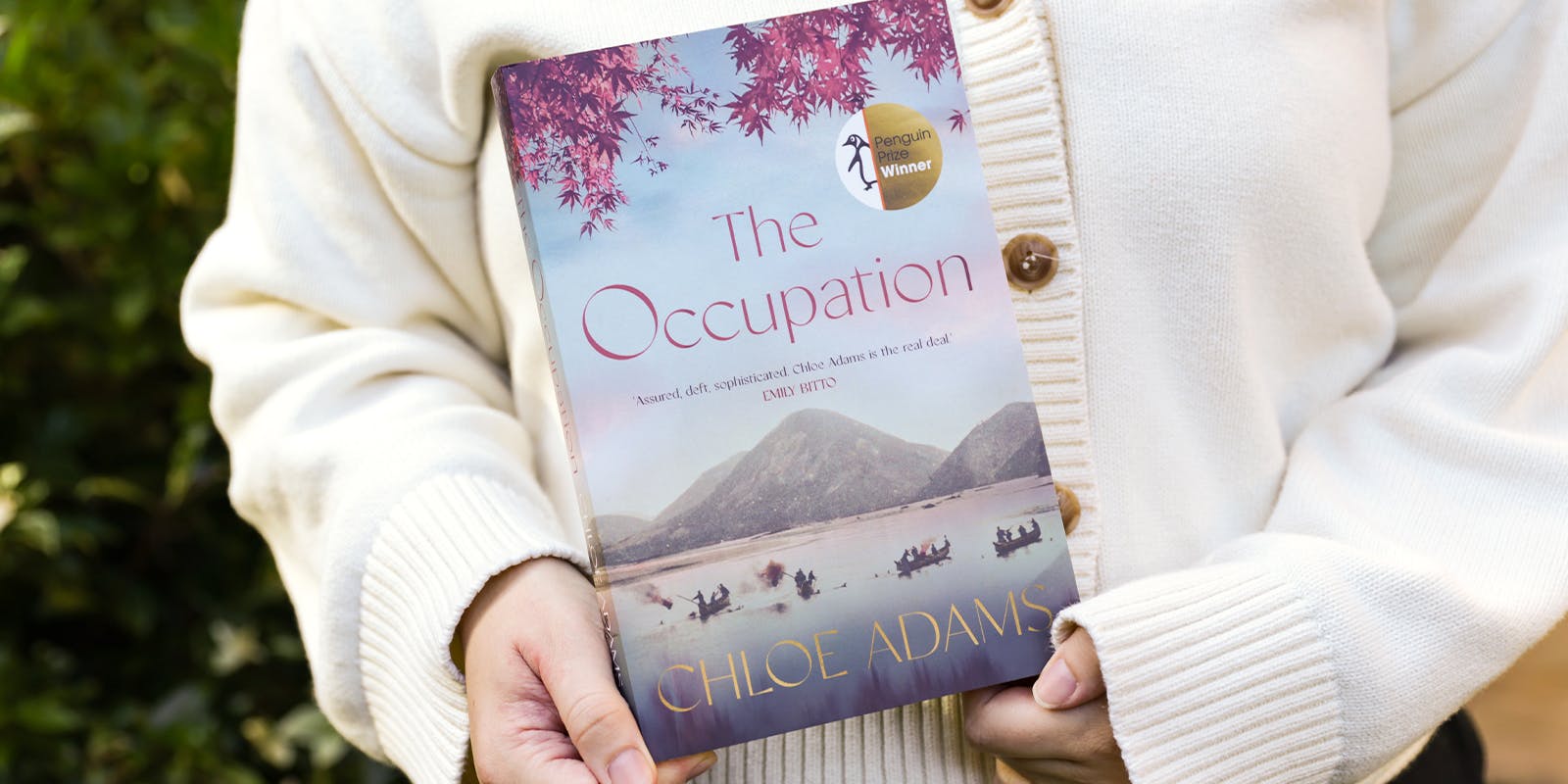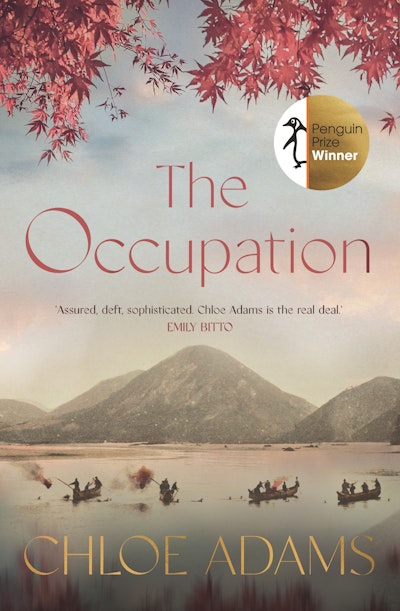A breathtaking historical fiction to read with your book club.
The Occupation by Chloe Adams is a moving historical fiction novel set in the late-1940s, exploring the complexities of Australian occupation in post-war Japan.
The winner of the 2024 Penguin Literary Prize, this beautifully written novel follows Mary as she moves her life from Melbourne to the Hiroshima prefecture and home again. Thought-provoking and enlightening, it will lead to plenty of interesting conversations for your next book club.
Discussion points and questions
- Sensitivity around language, awareness of cultural differences, inclusion rather than othering are all now part of everyday life. When you read historical fiction do you expect contemporary language and attitudes, or a strict adherence to how things were at the time of the action? What is the responsibility of the author in making a distinction between now and then? How do you reconcile these differences when reading historical fiction texts?
- Were you aware that Australian men and women had a role in the rebuilding of Japan after the Second World War? Did you come away from this book with a different understanding of the post-war period and Australia's role in post-war Japan? What were your most significant insights?
- Before arriving in Japan in 1948, Mary had lived a sheltered life in her father's home. She had passed the age at which, pre-War, she would have married and set up her own home. How radical a decision was it for Mary to leave Australia? How did her previous life play into the recklessness she came to display in Japan?
- Through travel, Mary has her eyes opened to how complex the world can be and how limited our reading of it can be. How important is travel, visiting other countries, to one’s understanding of the world and its citizens?
- The Occupation is written in a close third point of view with Mary's inner world, thoughts and perspectives privileged over those of other characters in the book. How might this story be different if the narrator had given the reader access to the interiority of another character – Sully, Nancy, Tess or Mr Ogawa, for example?
- Did Mary swap one system of patriarchal control for another in leaving her father’s house for the Kure prefecture? What systems of power were working against Mary? Were there any working in her favour? Does an awareness of these power structures help the reader to empathise with the characters or complicate our view of them?
- Mary makes a number of huge decisions across The Occupation; choosing to not share the news of pregnancy with Sully, to exit the island, to give her baby to Tess and more. Is it clear why Mary acted in this way? Can Mary be at peace with her actions?
- How did you feel about how the Allied soldiers were portrayed in The Occupation? Had they earned the right to have some fun?
- The Occupation presents big issues and conundrums. There are also love stories, humour, parties and adventure. we see light and dark elements contrasted. Is it important to you that a novel has lighter moments amongst the dark? What role do these lighter moments play when contrasted against the backdrop of post-war Japan? Did you think the author got this balance right?
- The Historical Notes at the end of the book outline some of the links to real events from which the author drew inspiration. How do you feel about an author combining true historical events with imaginative elements?













